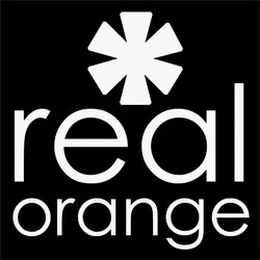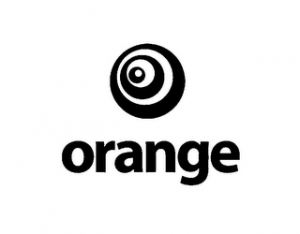 Ann Peterson applied to register the word-and-design mark REAL ORANGE for Christian ministry services in class 45.
Ann Peterson applied to register the word-and-design mark REAL ORANGE for Christian ministry services in class 45.
The reThink Group, Inc opposed the registration based on its prior registration for the word-and-design mark of ORANGE for electronic downloadable publications and prerecorded media, print material, and educational services related to church ministry, among other services in class 9, 16, and 41.Â
One factor in determining whether there is a conflict between two marks is whether the goods/services provided under the respective marks are similar.
 Peterson argued her services were different from the goods and services of reThink’s mark because they were in different International Classes: class 45 in Peterson’s case and Classes 9, 16, and 41 in reThink’s case. Each trademark applicant must (1) provide a description of goods and/or services, which are provided under the mark and (2) designate the international class(es) which the goods/services fall into.
Peterson argued her services were different from the goods and services of reThink’s mark because they were in different International Classes: class 45 in Peterson’s case and Classes 9, 16, and 41 in reThink’s case. Each trademark applicant must (1) provide a description of goods and/or services, which are provided under the mark and (2) designate the international class(es) which the goods/services fall into.
But the Board rejected Peterson’s argument. The Board noted that 15 USC 1112 provides “The Director may establish a classification of goods and services, for the convenience of the Patent and Trademark Office administration, but not to limit or extend the applicant’s or registrant’s rights.” The Board also noted that the Federal Circuit has stated that “classification is wholly irrelevant to the issue of registrability under section 1052(d), which makes no reference to classification.
Therefore, you cannot avoid a conflict with another registered mark solely on the argument that the goods/services of the registered mark are registered in different international trademark class(es) from the goods/services of your mark.
Case citation:Â The reThink Group, Inc. v. Ann Peterson, Op. No. 91227798 (TTAB 2017).